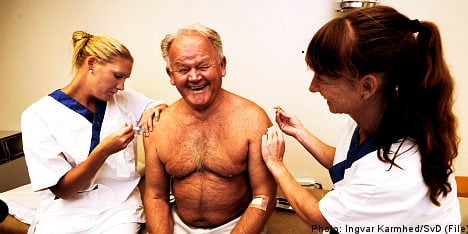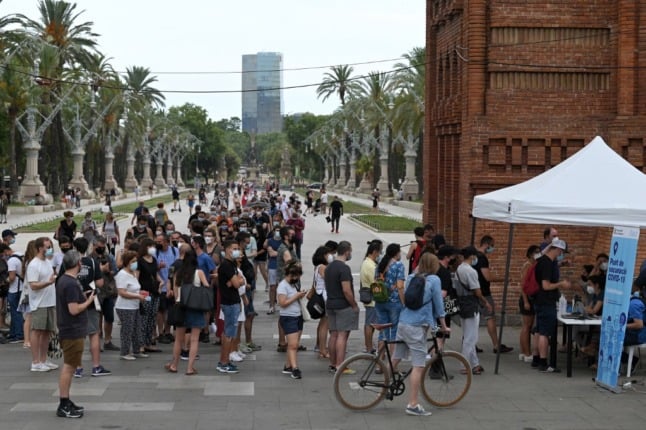According to the poll, only around half of the population plans to get the vaccine, while 36 percent have decided against.
14 percent of those interviewed remained undecided.
The Swedish Health and Welfare Board (Socialstyrelsen) is however hopeful that more will sign up for the flu jab when its information campaign has had a chance to take effect.
When Sifo conducted a similar survey in August, 70 percent confirmed that they planned to get the jab, while only 19 percent said no.
The survey shows that women remain more interested in getting the vaccine than men.
Those most keen are within the group aged between 50 and 64, followed by the over-65s. While the group expressing the most reluctance are those aged between 15 and 29, with only 44 percent planning to be vaccinated.
The survey interviewed 1,000 randomly selected people by phone during the first week of October.



 Please whitelist us to continue reading.
Please whitelist us to continue reading.
Member comments